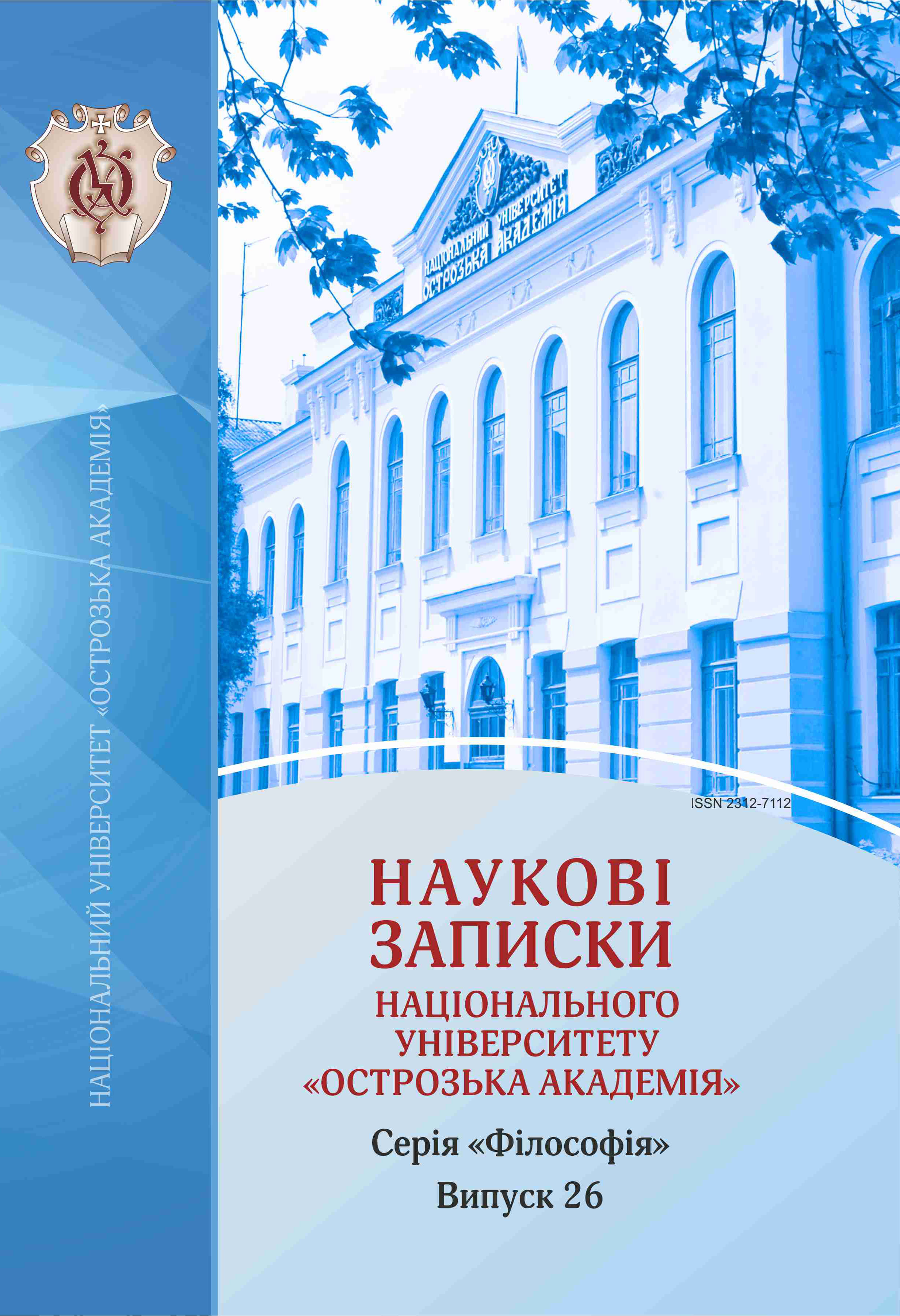CHRISTIAN PHILOSOPHY OF EDUCATION IN THE CONTEXT OF SHAPING ECOLOGICAL AWARENESS AMONG YOUTH
Keywords:
ecological education, spiritual principles, ecological responsibility, Christian ethics, youth programsAbstract
This article examines the theoretical and practical aspects of the Christian philosophy of education in the context of shaping ecological awareness among youth. Christian philosophy of education is based on spiritual and ethical principles that emphasize the importance of human responsibility for natural diversity. One of the key aspects of this philosophy is understanding nature as a gift from God, which requires careful and responsible treatment. This attitude is formed early through the Christian education system, which includes theoretical knowledge and practical skills. Examples of the successful implementation of ecological ideas in Christian education are discussed. Projects implemented in schools and youth centers at churches, where students study the theoretical foundations of ecology and Christian ethics and participate in practical environmental protection activities, are described. Examples of eco-classes in Sunday schools, ecological camps for youth, and social-ecological projects are provided. Research results demonstrate that youth involved in such programs exhibit a high ecological awareness and readiness to participate actively in environmental protection activities. They show greater responsibility in daily life, choose environmentally safe products, and support sustainable community development. The importance of integrating ecological principles into Christian education as a tool for shaping an ecologically conscious generation is emphasized. Developing and implementing innovative teaching methods that consider the Christian philosophy of education can become an effective means to achieve this goal. Consequently, due to its deep spiritual and ethical foundations, the Christian philosophy of education effectively contributes to the formation of ecological awareness among youth, fostering a responsible attitude towards nature. This allows the integration of ecological knowledge and practical skills into the educational process, promoting sustainable society development.

